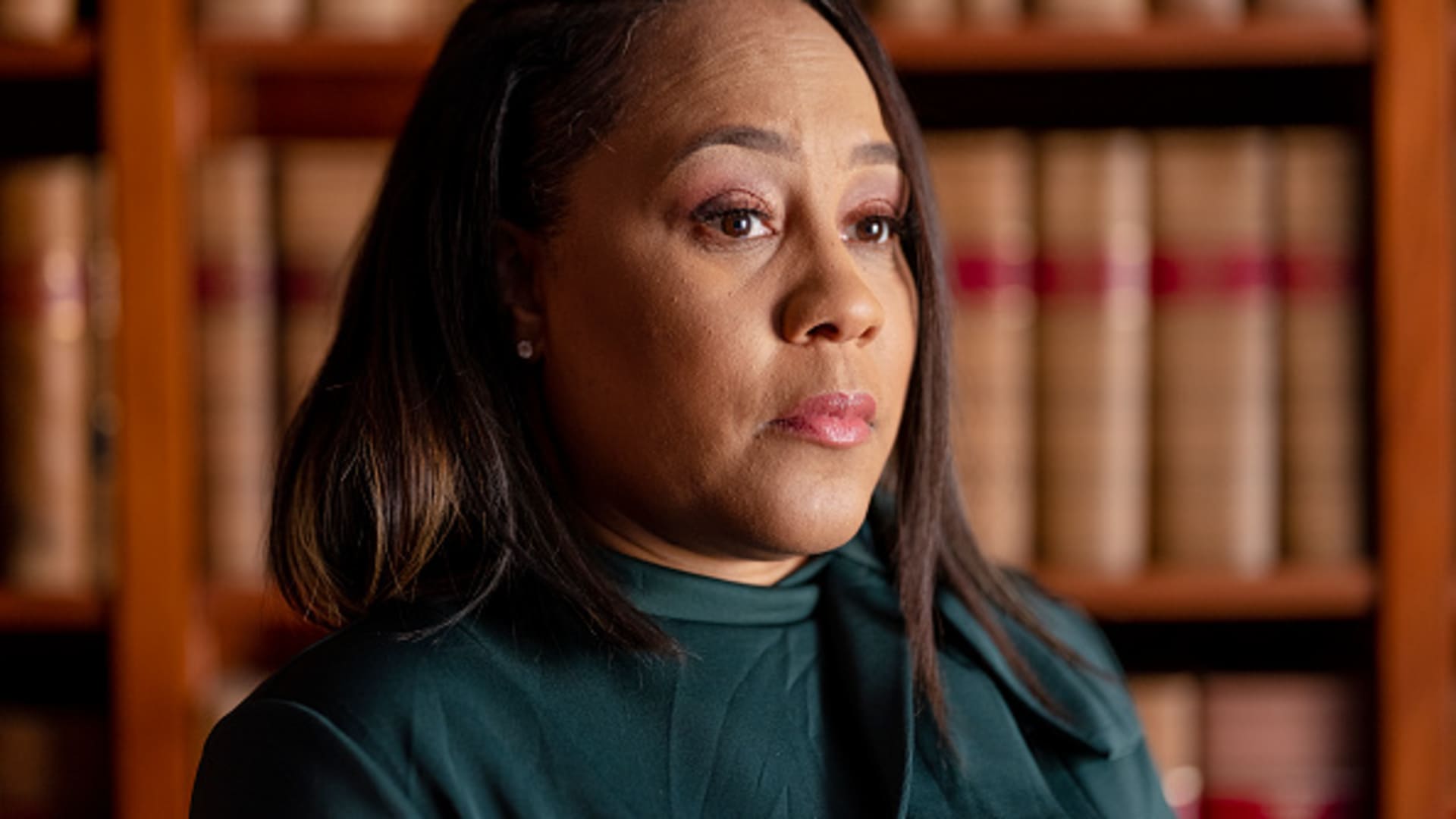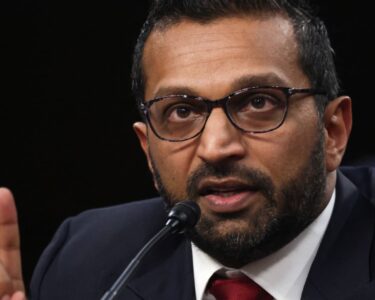Grand juries that were seated in Atlanta on Tuesday could soon decide whether to charge former President Donald Trump and his allies over their efforts to overturn his loss in Georgia’s 2020 election.
The criminal investigation into potential election interference began two-and-a-half-years earlier, shortly after a recording leaked of a phone call in which Trump asked Georgia Secretary of State Brad Raffensperger to “find” enough votes to overturn President Joe Biden’s victory in the Peach State.
Fulton County District Attorney Fani Willis, the prosecutor who has led the probe, said she will announce her charging decisions this summer within the period starting Tuesday and ending Sept. 1. Willis further indicated that indictments could come in August: In a letter to court officials, she asked that trials and in-person hearings not be scheduled between July 31 and Aug. 18.
The two grand juries empaneled Tuesday in Fulton County Superior Court will sit for a two-month term. Judge Robert McBurney presided over the selection process.
Willis could use either, or both, of the grand juries to seek charges in her criminal probe, NBC News reported. If she does, the grand jury members will have to vote to return indictments.
Each panel is made up of 23 people and three alternates. The first includes an even split of men and women, while the second comprises 14 men and 12 women, NBC reported. Each grand jury will meet twice a week throughout the term to hear numerous cases and decide whether to return a “true bill” of indictment or issue a “no bill” and drop the case.
Willis had previously presented evidence in the election probe to a special grand jury that sat for seven months and ultimately recommended charging multiple people with crimes. The forewoman of that panel told The New York Times that “it’s not rocket science” who those people are.
The special grand jury did not have the power to indict, and Willis is not required to follow its recommendations.
Following his loss to Biden, Trump and his allies spent weeks working to reverse the results in key swing states, including Georgia, that had voted for the Democratic nominee. Among those efforts were bids by Republicans to submit certificates falsely declaring that Trump had won their states’ electoral votes. Willis in a court filing in May revealed that at least eight of Georgia’s fake electors have been granted immunity in her probe.
If he is charged in Georgia, Trump will be facing criminal prosecution in three separate cases as he runs for the 2024 Republican presidential nomination. Since launching his latest White House bid, Trump has been charged in Manhattan with falsifying business records and was hit with federal charges over his alleged mishandling of classified documents.
He has pleaded not guilty in both cases, and currently boasts a wide lead in Republican presidential primary polls.






